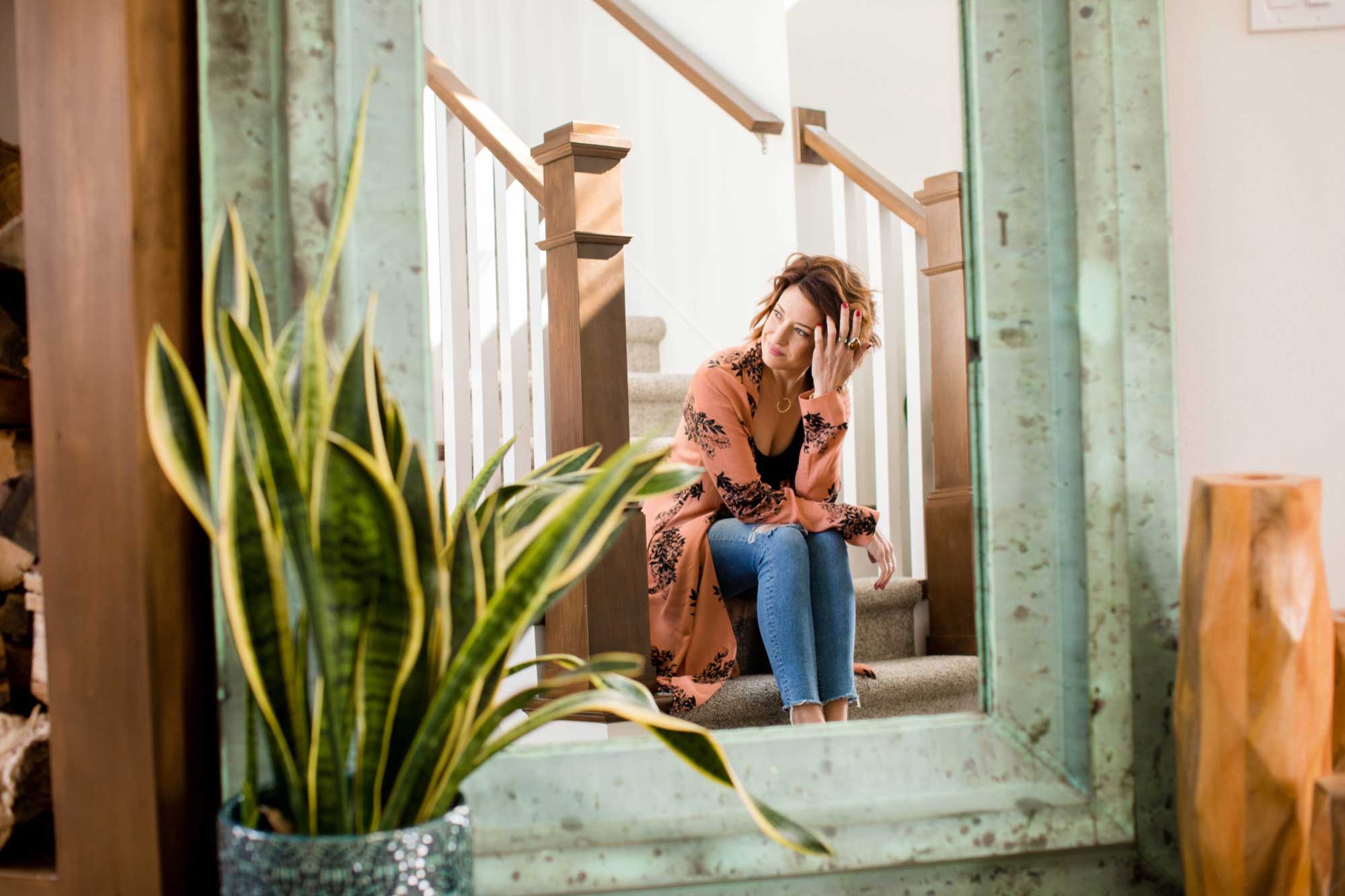Mirror Reflections: What Our Kids Can Teach Us

In the roller coaster of parenthood, we often find ourselves obsessing over how to raise our little ones. But amidst the lessons and guidance we impart, we forget one little secret: our children often end up becoming our most unexpected teachers. Let’s deep-dive into this beautiful (and occasionally bewildering) world of reflections.
Mimicry is just the Start
You’ve seen it, right? The little mimics mirroring our actions, our speech. While it’s endearing to watch our mini-mes, there’s a deeper reflection at play. They don’t just echo our behaviors; they magnify our own vulnerabilities and strengths.
Sleepless Nights and Deeper Insights
A tale as old as time, or at least as old as parenthood—our children’s sleep, or lack thereof. A client once approached me, worn out from her kids’ nighttime antics, but with an insightful query, “Am I indirectly influencing their sleep patterns?” Our chat that day took an enlightening turn.
Our overwhelming urge to be indispensable mothers often binds us into believing we must be on constant standby for our kids, even at 2 am. However, this creates an energy where our kids absorb our ‘need to be needed’ mentality. And then? Midnight wake-up calls! The fix? Dive deep. Ask yourself – when did motherhood become my sole identity?
Realign, and you might just gift your household the peace of uninterrupted sleep.
Our Kids, Our Reflective Canvas
Children aren’t just bundles of joy and energy; they are mirrors of our own psyche. Ever found yourself unnerved by a certain behavior of theirs? Instead of hastily correcting them, let’s press pause and ponder. Often, what’s triggering in our child’s behavior is a mere reflection of unresolved issues within us. It’s the universe’s way of flashing a neon sign, saying “Hey! Look here, something needs mending.”
Identifying Patterns
From moods to tantrums, from phrases they utter to actions they repeat – these are clues. Instead of dismissing them with a typical “It’s just a phase”, approach them with a researcher’s curiosity: “Interesting! Where’s this coming from?” Sometimes, it’s about recalling our own unaddressed traumas since childhood.
It’s Not Always You (and that’s okay)
While it’s introspective to look within when our kids act up, let’s remember they’re also individuals with their unique experiences. Not every misstep is a reflection of our own. My oldest, for instance, might stumble upon challenges. If I’m calm, watching him, it’s his lesson. If I’m flustered? Time to dig deeper within me.
The Freedom to Fall
From our first steps to life’s intricate dance, falling is a part of the process. If we swoop in every time our kids face a challenge, we rob them of life’s invaluable lessons. While our protective instinct screams otherwise, sometimes the kindest thing we can do is let them fall. And when they do, we’re right there – not to carry them but to guide, love, and show them the way back up.
Conclusion
On this shared journey of life, let’s remember our kids don’t merely inherit our features; they often reflect our inner worlds. While guiding them, let’s remain open to the lessons they unwittingly teach us. Because, in the end, when we grow, they flourish, and together, we embark on a journey towards collective healing.
